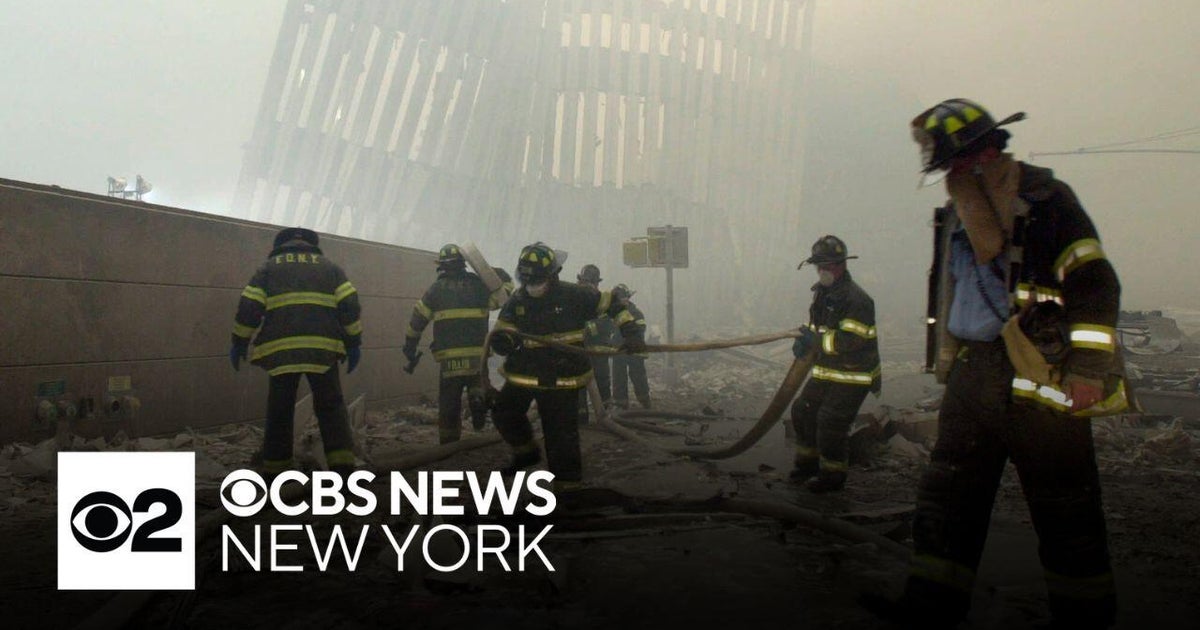Healing Heroes in Peril: WTC Health Program Cuts Trigger Nationwide Fury

A storm of controversy erupts as the Trump administration's decision to reduce staffing at the World Trade Center Health Program sparks widespread concern among 9/11 survivors and their advocates. The proposed cuts have ignited passionate debates about the critical healthcare needs of those who continue to suffer from long-term health impacts of the September 11 terrorist attacks.
CBS News New York's Alecia Reid delved into the heart of the matter, uncovering the profound human stories behind these potential staffing reductions. Survivors and first responders are speaking out, emphasizing that this program is far more than a bureaucratic service—it's a lifeline for thousands who continue to battle serious health conditions stemming from their heroic efforts on that fateful day.
Emotional testimonies reveal that these healthcare cuts could mean the difference between life and death for many who risked everything during and after the 9/11 attacks. Medical professionals and survivors alike are demanding that the program receive full funding and support, arguing that the nation owes a debt of gratitude to those who suffered in the aftermath of the terrorist attacks.
The controversy highlights the ongoing challenges faced by 9/11 survivors and the critical importance of maintaining comprehensive healthcare support for those who continue to bear the physical and emotional scars of that tragic day.
